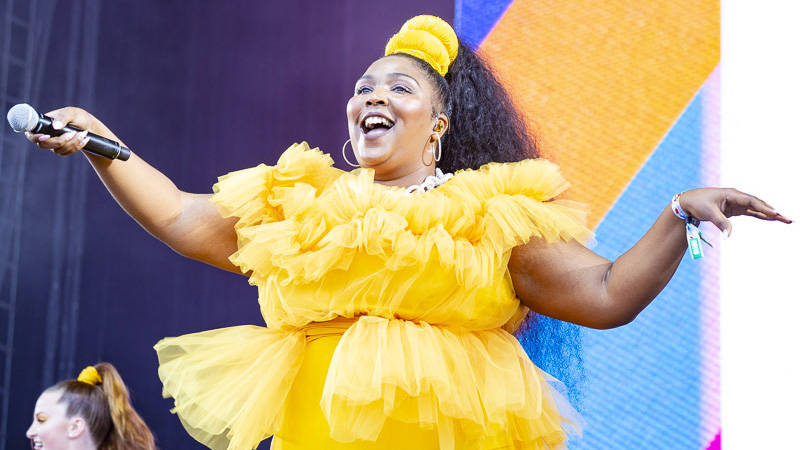Without a doubt, the most quoted line from Lizzo’s No. 1 hit “Truth Hurts” is its scorching opener: “Just took a DNA test, turns out I’m 100 percent that bitch.” Gina Rodriguez sings along to it in her latest Netflix rom-com; it’s fueled a long-running TikTok meme; fans put it in their Instagram captions and scream it back to Lizzo during sold-out stops of her current tour.
Here’s the thing: Lizzo didn’t write the line.
Instead, it traces back to a viral 2017 tweet by British singer Mina Lioness, whom Lizzo is now crediting as a co-writer on the track. After first denying that Lioness’ tweet was the inspiration, Lizzo conceded that she’d seen a meme that used the phrase. As tweets go viral and continue to influence pop culture, the saga points to the misconceptions many people have about social media and intellectual property.


